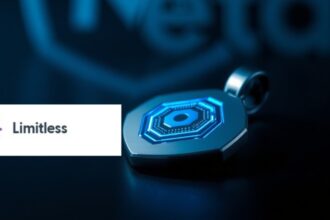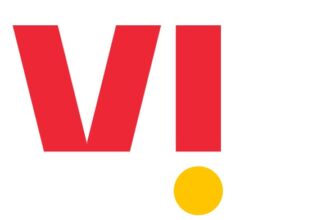Gemma, Google’s new generation of open models is now a reality. The tech major released two versions of a new lightweight open-source family of artificial intelligence (AI) models called Gemma on Wednesday, February 21.
Gemma is a group of modern, easy-to-use models made with the same advanced research and technology as the Gemini models. Created by Google DeepMind and other teams at Google, Gemma is based on Gemini and its name comes from the Latin word “gemma,” which means “precious stone.” Along with providing the model itself, we’re also giving out tools to help developers be creative, work together, and use Gemma models responsibly.
Gemma Available in Two Versions
Two versions of Gemma, called Gemma 2B and Gemma 7B, are now available for developers and researchers to use. The big tech company says they used the same technology and research for Gemma as they did for creating Gemini AI models. Interestingly, they just revealed a smaller version of Gemini, called Gemini 1.5, last week. These smaller models can be used to create AI tools for specific tasks, and the company allows them to be used commercially as long as it’s done responsibly.
Gemma is now available for developers and researchers
More Gemini news: Starting today, Gemini for Workspace is available to businesses of all sizes, and consumers can now access Gemini in their personal Gmail, Docs and more through a Google One AI Premium subscription.https://t.co/6tlPudXNZF https://t.co/zIjULd2OxM
— Sundar Pichai (@sundarpichai) February 21, 2024
The rollout was made by Google CEO Sundar Pichai in a post on X (formerly known as Twitter). He said, “Demonstrating strong performance across benchmarks for language understanding and reasoning, Gemma is available worldwide starting today in two sizes (2B and 7B), supports a wide range of tools and systems, and runs on a developer laptop, workstation or @GoogleCloud.”
The tech company made a special webpage for developers to easily access the AI model. On this page, they can find links to get started quickly and examples of code on Kaggle Models. They can also quickly use the AI tools on Google’s Vertex AI platform or experiment with the model and connect it to another website using Collab, but this needs Keras 3.0.
Putting spotlight on the key features of the Gemma AI models, Google said that both the variants are pre-trained and instruction-tuned. It is integrated with popular data repositories such as Hugging Face, MaxText, NVIDIA NeMo, and TensorRT-LLM. The language models can run on laptops, workstations, or Google Clouds via Vertex AI and Google Kubernetes Engine (GKE). The tech giant has also released a new Responsible Generative AI Toolkit to help developers build safe and responsible AI tools.
As per reports shared by Google, Gemma has outperformed Meta’s Llama-2 language model in multiple major benchmarks such as Massive Multitask Language Understanding (MMLU), HumanEval, HellaSwag, and BIG-Bench Hard (BBH). Notably, Meta has already begun working on Llama-3, as per various reports.
Releasing open-source smaller language models for developers and researchers is something that has become a trend in the AI space. Stability, Meta, MosaicML, and even Google with its Flan-T5 models already exist in open-source. On one hand, it helps build an ecosystem as all developers and data scientists who are not working with the AI firms can try their hands at the technology, and create unique tools. On the other hand, it also benefits the company as most often firms themselves offer deployment platforms that come with a subscription fee.
Moreover, adoption by developers often highlights flaws in the training data or the algorithm that might have escaped detection before release, allowing the enterprises to improve their models.
Bag Free credits for research and development
Gemma is designed for the open community of developers and researchers powering AI innovation. You can start working with Gemma today using free access in Kaggle, a free tier for Colab notebooks, and $300 in credits for first-time Google Cloud users. Researchers can also apply for Google Cloud credits of up to $500,000 to accelerate their projects.
Getting started with Gemma
Explore more about Gemma and access quick start guides on ai.google.dev/gemma .






